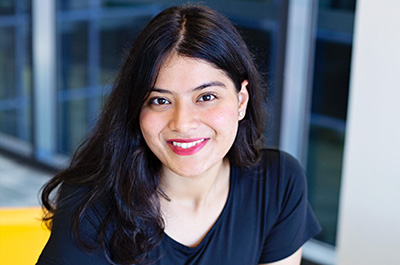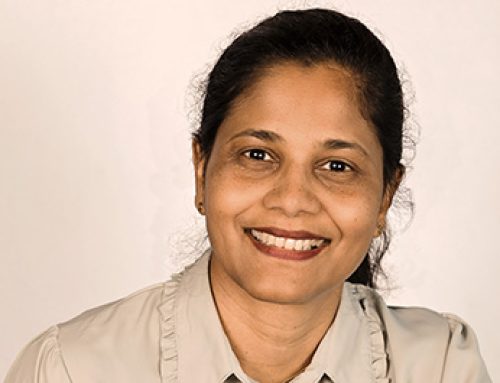Consumer Preferences for Neurodevelopmental Follow-Up Care for Children with Congenital Heart Disease
By Pakhi Sharma, AusHSI PhD Scholar

My journey with AusHSI began in July 2021 as a research assistant. At the time, I was studying for a Master of Public Health and first learned about AusHSI as I began to explore related PhD programs. I was given the opportunity to work as a research assistant on a Health Economics project, which worked out for the best, as I had enough time be confident that this is what I love to do and that AusHSI was the place I wanted to stay. A month into working with AusHSI, I successfully applied for a QUT PhD scholarship position as part of the MRFF funded CHD LIFE+ program of research, and commenced in January 2022 in partnership with Children’s Health Queensland.
My research investigates preferences for a neurodevelopmental model of care to improve outcomes for children with congenital heart disease (CHD), which is one of the most common birth defects. Although advances in treatment have improved long-term survival for children with CHD, the risk of developing physical, intellectual, psychological, and social issues presents challenges for families and healthcare systems. There is currently limited evidence available on neurodevelopmental follow-up models for CHD to inform optimal access to health services and follow-up care. A key consideration when generating this evidence is to better understand parent and clinician preferences about how models of care are designed and delivered.
The most interesting aspect of my project is the use of discrete choice experiments (DCEs), a quantitative technique used to elicit preferences. If you want to find out what people like, of course you can just ask them. However, a DCE extends this idea by presenting participants with multiple options as a way of measuring which ones are the most desirable, and the extent to which participants prefer one option over another. In other words, a DCE is a robust way to understand both what you like and which options you like the most!
From my perspective, AusHSI is both the most sincere and coolest team. Your PhD topic may be extremely interesting, but research can get monotonous at times. The activities here keep us all energised and motivated. Nevertheless, a PhD is not an easy journey. It is a long-term commitment and I’ve sometimes doubted myself. The warmth and support I’ve received from my supervisors at AusHSI and my passion for health economics helps me put those doubts out of my mind. After all, what’s the fun if everything comes easily? I am now six months into my PhD and the most important lesson I’ve learned is to face your fears and give everything a chance. I cannot wait to embark on the challenges of the next step of my PhD journey.







